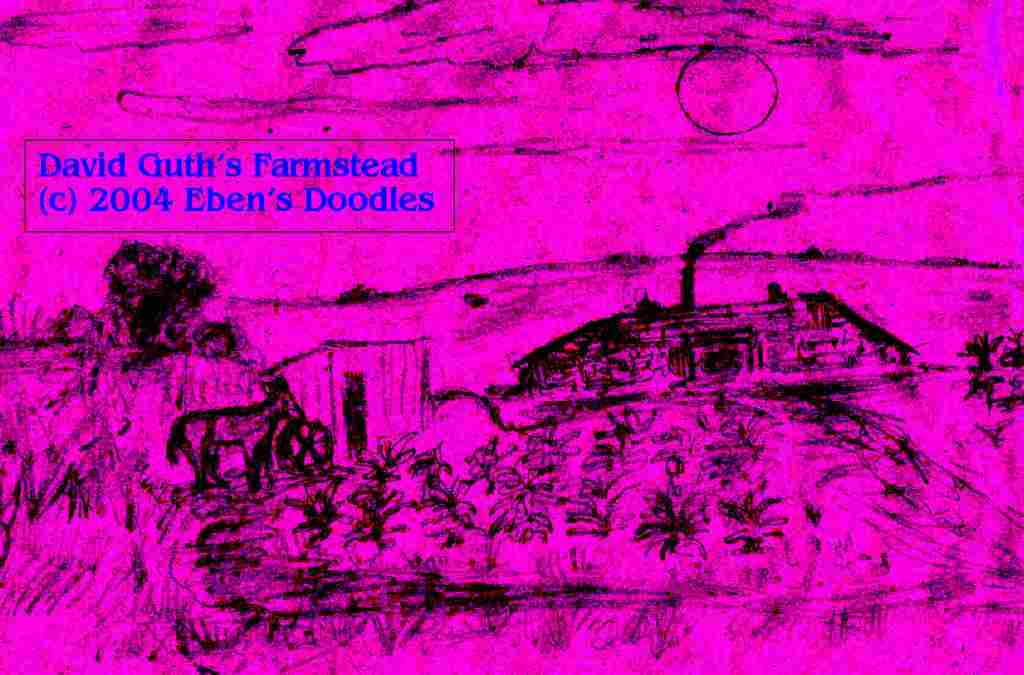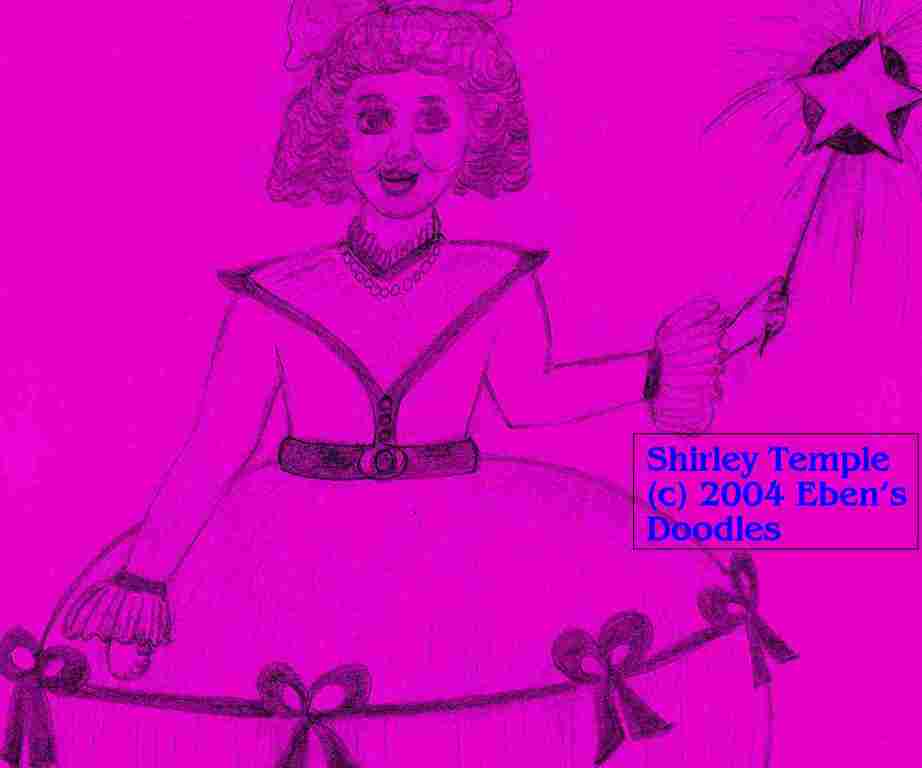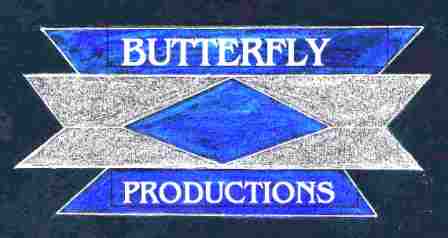

waving man-tall until the horse
joined tribes that were first to pass
into this land of glacial course,
where bison trod each water source,
eyed sharply by the wolf and eagle;
fangs and talons bred no remorse
as age on age they served to cull
the weak’ning cow, or aging bull.
Come Thaw, grasses sprang flowered, forest-dense,
and sheltered both prey and predator’s birth;
bright Joseph’s coat immense,
the Plains--yet to know a single fence--
stretched living and vibrant
around, beneath a multitude gone since
the gun and plow turned keen to hunt
the grass and bison magnificent.
A million hoofbeats’ thunder
as bison rush a Platte salt lick?
Moonlit howls--no hearthside purr!
And milkweed pods’ ric tic tic!
Wing and wind strum from the sky,
each stem and feather a harp pick,
while drumming beat and chanting cry
fill the Prairie’s songbook by and by.
The Frontier overflowed with richness.
Empire free of tax and tyrant
ranged with room for all to bless;
Horace Greeley urged, and Youth cried, “YES!”
The Argosy of Dakota had no doors.
Wealth beyond gold no man could guess,
gently rolling, or smooth as floors,
a Niagara that pours and pours!
A rail-splitting Lincoln led the way
to freedom for the slaves long-caged.
The Union, yea or nay?
A starry flag with stripes, not bars, was pay.
And America rose from Gettysburg renewed.
(One day thence, where Black Hills lay,
Mount Rushmore faces would be hewed
from granite cliffs a dreamer viewed.)
few would argue with the Four.
Even at this late a date,
the stone is speaking evermore:
“This flame of Liberty we bore
‘tis best served by loving power least,
lest men wax tyrant, oppress the poor.”
Yet men would still turn savage beast,
and drive the Indian out from the east.
trekking west, he left Wisconsin.
To Dakota Territory bison trails ran.
Parting from the last of kin,
he found a choice spot to settle in.
For fuel bison “chips”.
Water? Nothing that a pick can’t win.
From thick sod he shelter rips.
All else he brought along on trips.
A cow, a horse, three dozen chickens.
His wagon overturned on hay as warm as furs.
And snug beneath it, safe from cold winds,
he spent three years, and dreamt of corn-filled bins?
Now imagine yourself in his place!
This modern life, its sins and dins,
day after day the old rat race,
exchanged for a fresh, new lease on God’s grace!

Independence, self-sufficience, and hard work
showed he had just the right stuff.
But wicked things in men’s hearts lurk
that can cut heads off like a Turk!
One day came an Indian
chased by enemies berserk.
Guth saved the bleeding, wounded one
just like the Good Samaritan.
the dross along with purest gold!
At risk to life a lesser man will fall;
but Guth, alone, proved firm and bold,
upheld the Golden Rule old.
He hid the man in a haystack,
and his pursuers, it is told,
chased his horse off down the track--
thus a life was given back!
Lucy Parsons to DeSmet.
In ‘88 weather turned insane,
a killer blizzard the country hit,
freezing housecats where they sit.
Frantic men crawled in deep snow,
passing homelights brightly lit.
At her schoolhouse door Lucy said “No!”
She saved the children, not letting them go.
Settlers poured in from all parts.
Like Guth, hard-working, self-reliant,
they soon had churches, school, and the arts.
Filled with honest souls and giving hearts,
the Frontier city built up fast.
Produce poured from farms in carts,
a Cornucopia seemingly to last,
a New Lebanon from the Bible’s past.
the year was 1894.
Railways had not yet bowed to greed,
as a new century knocked at the door.
Anyone who worked could gain, and more;
Welfare was a neighbor’s hand, dependence non-existent.
No one thought himself was poor,
even though he might lack one red cent,
as along as he had able hands his Maker lent.
it is promised in God’s Book.
And what’s more, there’s interest in your sack,
compounded quarterly, if you look!
Thus, David Guth, on a trip took
to Rosebud Reservation in the west,
found long-ago kindness not forsook!
After five and twenty years at best,
the one he saved claimed Guth as guest.
but David gave no room to greed.
After talk, the chief stood tall,
blessing his friend beyond need.
Homeward, Guth set off to lead
branded broncos, three train cars load.
Two he kept to till and seed,
the third he took, exchanged, not sold,
for Indiana apples red and gold!
and Lincoln Beachly with his plane.
Telegrams brought news you feared,
and telephones proved gossips’ gain.
Hestad’s “Due Bills” eased the pain
when hard cash took a vacation.
But then came Wall Street’s fall and scant rain,
and those who could, pulled stakes to run,
for all looked lost the years had won.
Speculators lost all they had,
banks locked doors as guards stood about.
Progress everywhere was cast in doubt.
But along with misery and pain,
lil’ Shirley Temple’s dimpled pout
made folks laugh in the gloom
that filled the nation like a tomb.

grasshoppers chewing up fence poles;
rich folk selling off mink furs,
Russian thistles gamboling like foals.
E’en pool hall men grew nervous about their souls.
But most folks pulled together despite empty bowls,
though some caved in, beaten from the first--
those were times that seemed accursed.
cried to God in such darkness.
In distress he refused to resign
himself to heart heaviness.
“For God will save Zion!”
he ended up his plea--
an example of hope so fine
it lights dark times for you and me--
an R.S.V.P, Heaven’s call to dine.
“Baby Take a Bow” at the Strand.
No more washtub cabbages without toil;
George Washington looks over land
where hardship lays a heavy hand.
Lake Poinsett’s average is two feet.
Then Bryant turns a ripe fifty;
but don’t forget James Crossland’s feat:
he’s 94, a Civil War vet time can’t beat!
to homestead Underwood quarter;
in ‘37 she’s 87 and far from done--
no pioneer you can name is heartier!
“Gone with the Wind” at Bryant Theater
just as war clouds darken Europe;
a madman went and seized the Ruhr--
a lying peace was full shown up,
and appeasement drank a bitter cup.And Dora Lundy arrived in ‘81,
(“For Whom the Bell Tolls” was no jest).
Those who now make apology
never faced such foes in mortal test--
the kind that proves man’s mettle best.
Toughened, knit like strong-linked chain,
our soldiers served at Liberty’s behest.
All their sacrifice and pain
made double sure Old Glory’s gain.
will no doubt count freedom cheap.
An Honor Roll Board shrines Bryant’s fame
in a vacant lot where hoppers leap.
They’re names of those the grateful keep.
Stars mark some with shining gold,
those whose blood was sown deep, deep.
All are heroes who walked bold,



